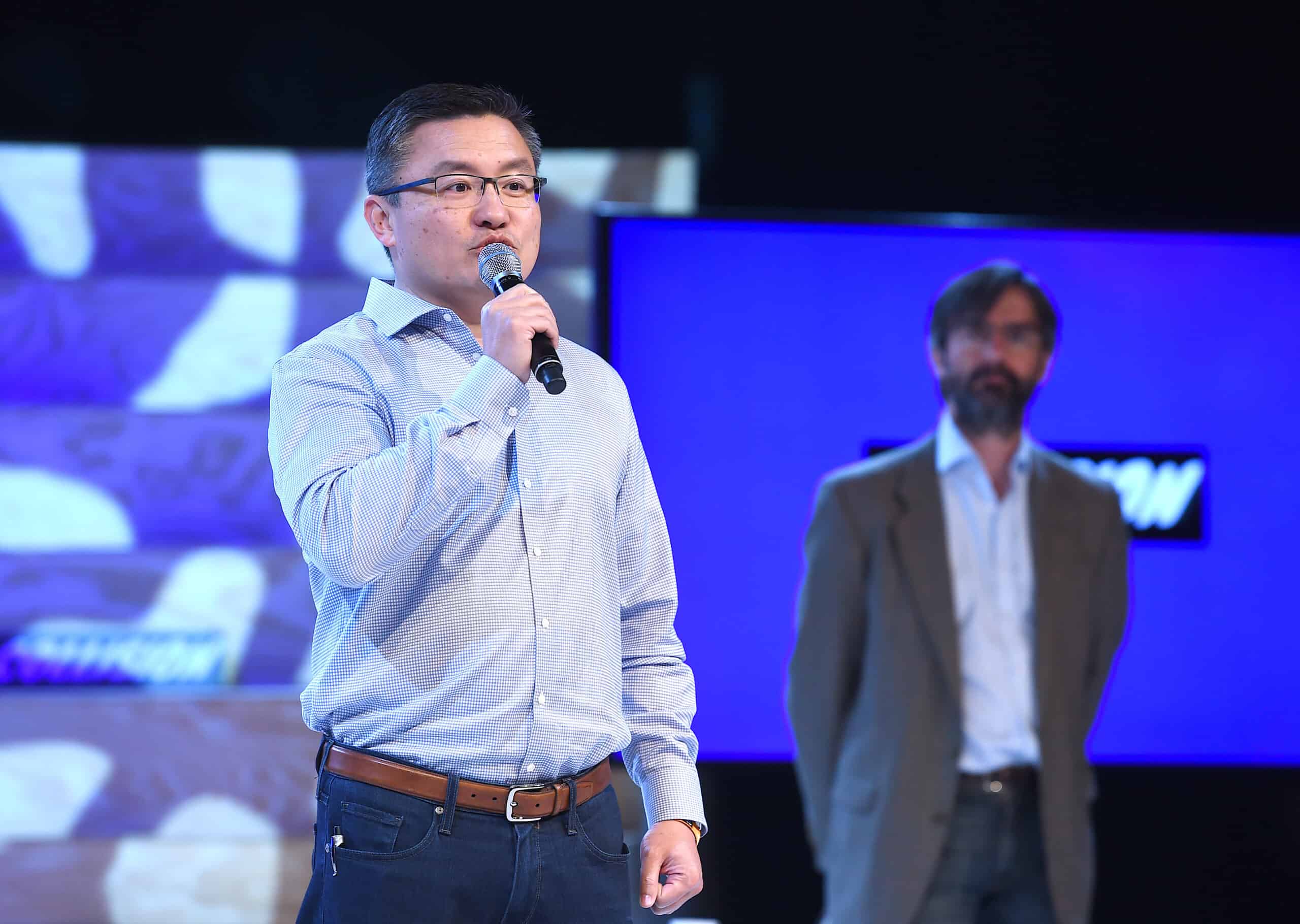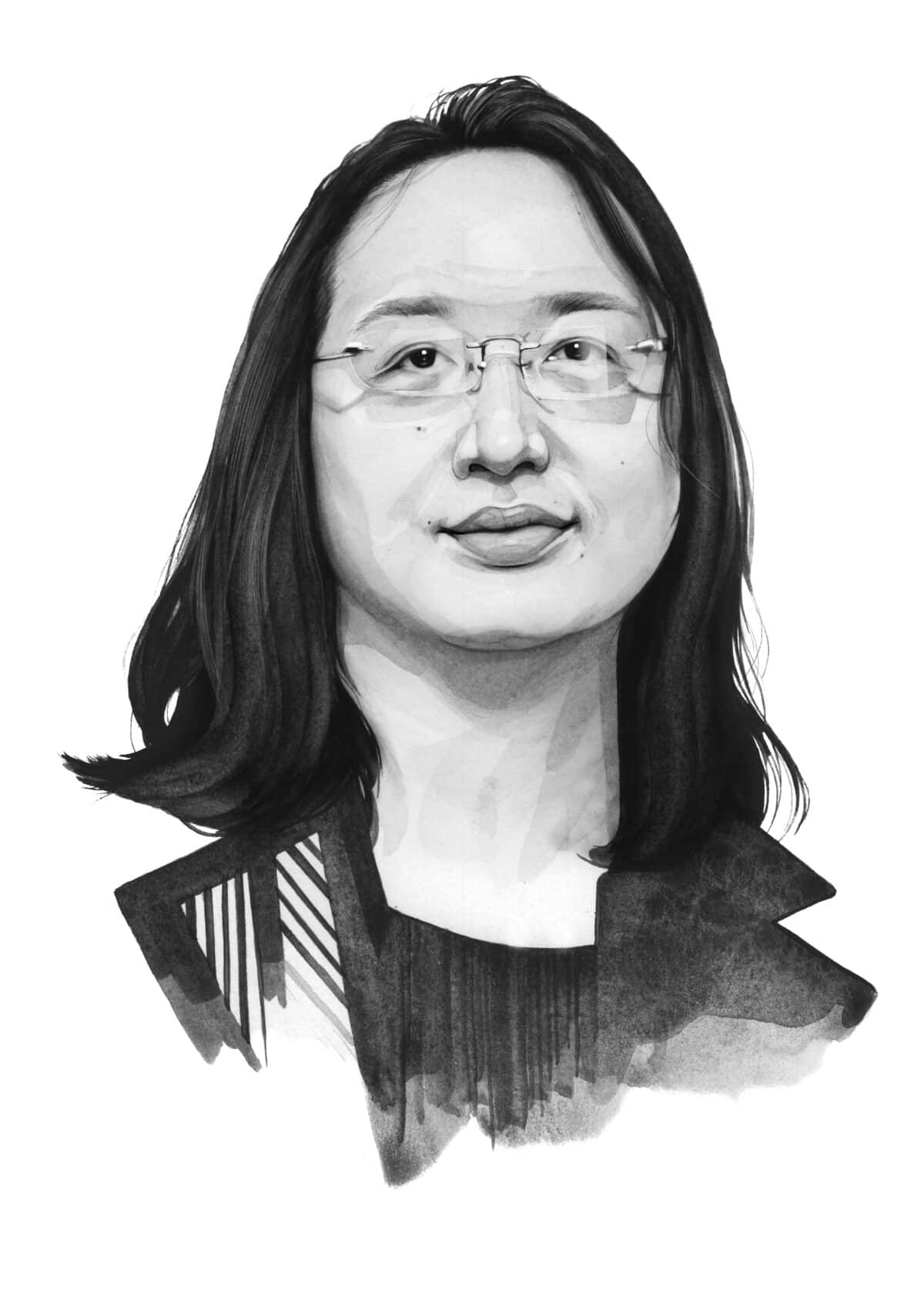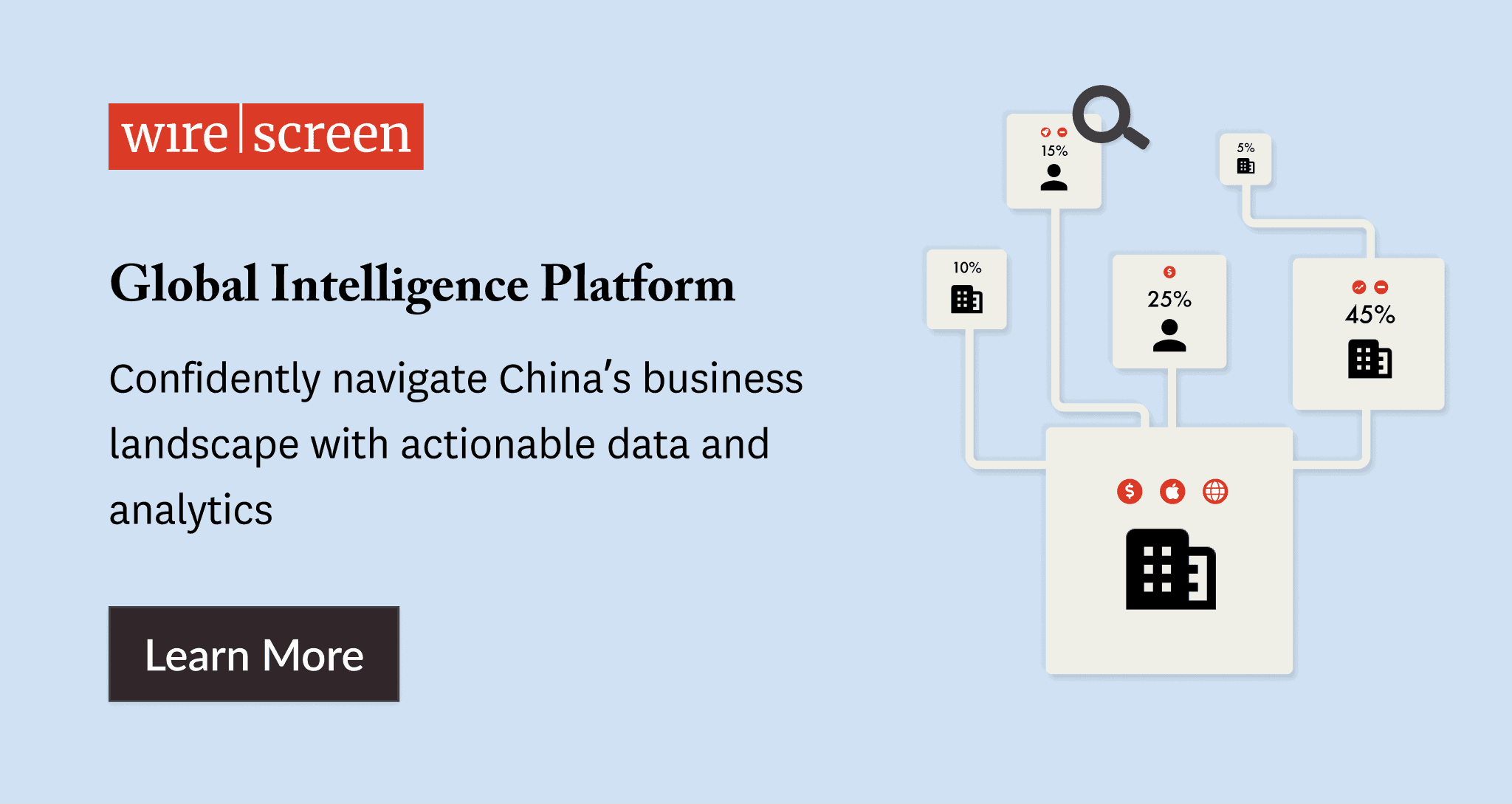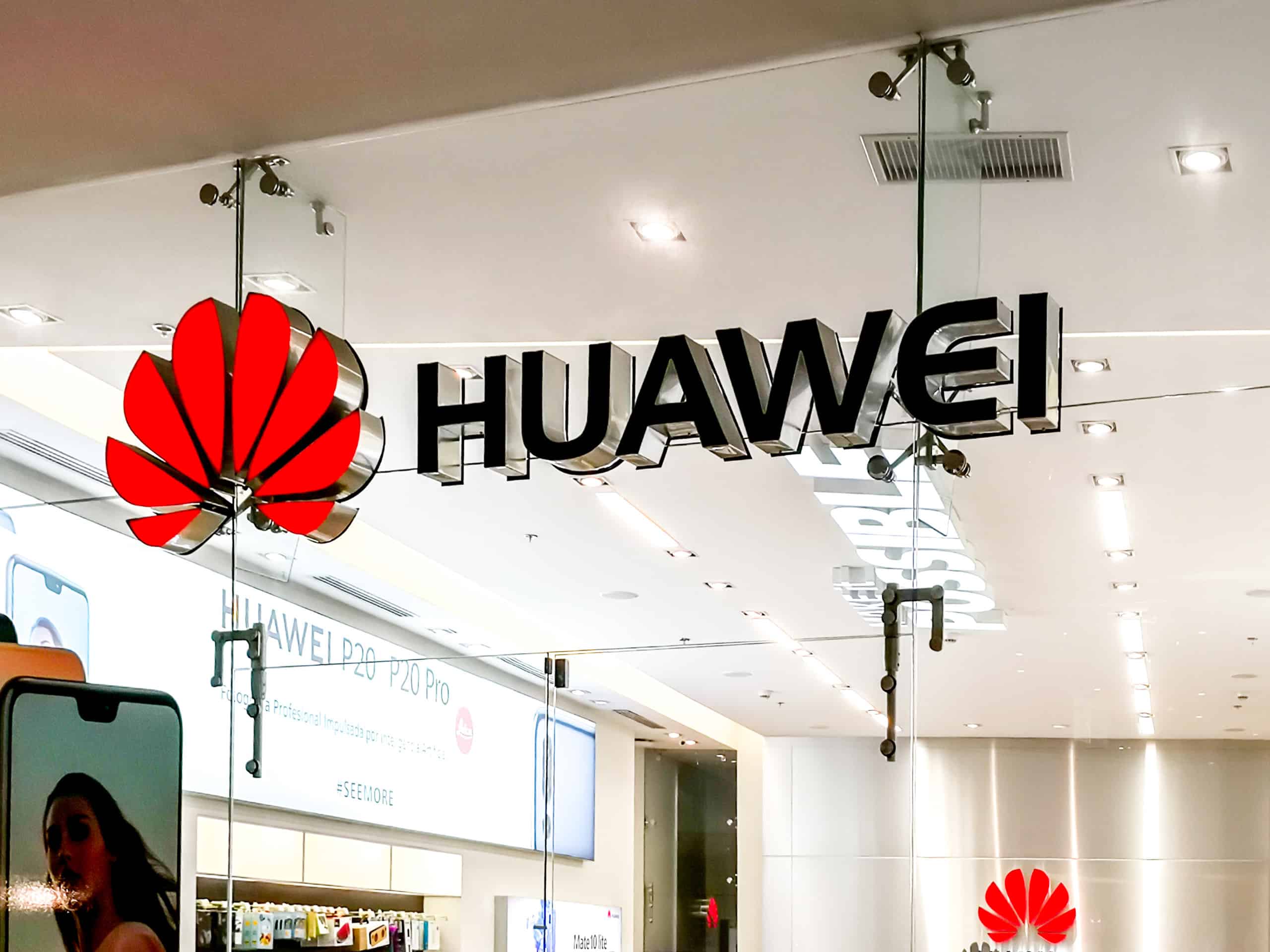Good evening. And happy Labor Day weekend. Many of you might recall that we did a Q&A with Zongyuan Zoe Liu recently. Her insights on how China’s sovereign wealth funds are unique, dangerous and potentially even enviable have stuck with our editors ever since, coming up frequently in discussions of China’s economic model and turmoil. Our cover story this week is an excerpt from her book, and required reading for China watchers. Elsewhere, we have infographics on Qualcomm’s venture capital arm; an interview with Audrey Tang on Taiwan’s digital defenses; a reported piece on the education challenge facing America’s semiconductor ambitions; and an op-ed about why the U.S. and China should be cooperating more on technology. If you’re not already a paid subscriber to The Wire, please sign up here.
Want this emailed directly to your inbox? Sign up to receive our free newsletter.

Steering Capital
Several countries have sovereign wealth funds (SWFs), but none can compare to China’s funds in scale or scope. Collectively, China’s SWFs managed more than $2 trillion in assets at the end of 2019. But China’s state-owned capital is filling the cash coffers of Western firms while advancing its national interests, and as Zongyuan Zoe Liu writes in her new book, the West should be paying closer attention.

The Big Picture: Who is Qualcomm Ventures?
The venture capital arm of Qualcomm faces uncertainty as the U.S. tightens controls over tech investments in China. This week’s infographics by Aaron Mc Nicholas take a closer look at Qualcomm Ventures, a firm with more than $2 billion of assets under management and which specializes in identifying emerging startups that focus on AI innovations.
A Q&A with Audrey Tang

Audrey Tang is Taiwan’s Minister of Digital Affairs. She is the island’s youngest minister, as well as its first prominent non-binary public official. Homeschooled by journalist parents, she was a software developer and digital rights activist at the time of the 2014 Sunflower Movement, when young protestors occupied Taiwan’s legislature to oppose a trade deal with China. Tang was eventually invited into the government where she took charge of technology initiatives and helped lead the government’s Covid response. She debuted as Minister of Digital Affairs in August 2022, during a peak in tensions with China following Nancy Pelosi’s visit to Taiwan. In this week’s Q&A with Lucy Hornby, she discusses how the government responds to cyber attacks and threats to physical infrastructure, its efforts to increase digital participation, and its cooperation with other democracies.
Audrey Tang
Illustration by Kate Copeland

The Chips Education Challenge
One U.S. university’s efforts to improve knowledge of semiconductors could end up helping the country’s economic rivals.

A Tech War Without Winners
The U.S. and China should be looking more for ways to co-operate than compete in technology, argue Andrew Sheng and Xiao Geng.

Subscribe today for unlimited access, starting at only $19 a month.



